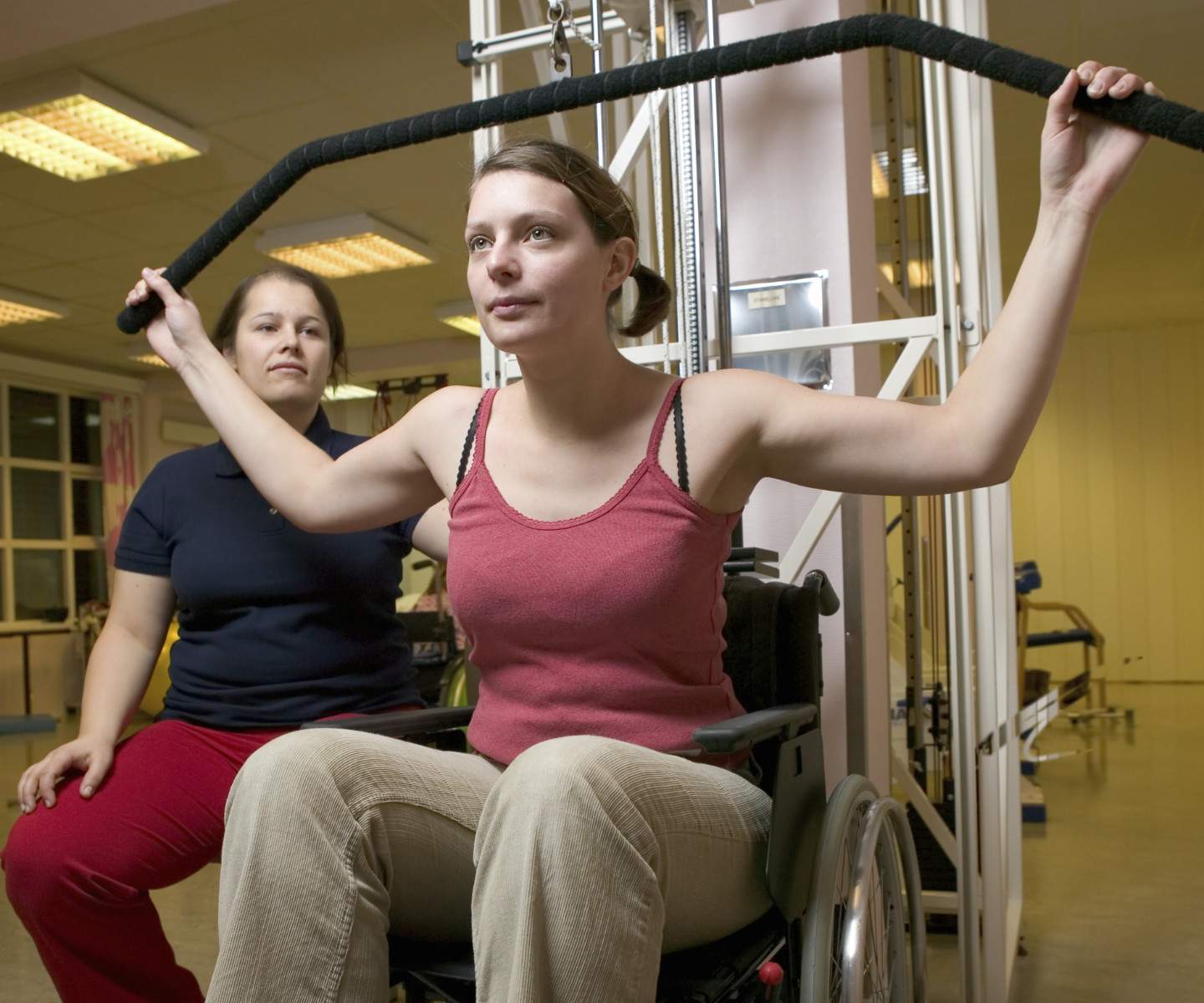Yes, you can claim a personal trainer under NDIS when training directly supports disability-related goals and improves functional capacity; learn how this works and how to set up funding in Melbourne.
What NDIS covers
The NDIS funds supports that are reasonable and necessary for significant and permanent disabilities, focusing fitness on outcomes like strength for daily tasks, mobility and independence, complication prevention, and achieving plan goals.
Fitness supports eligible
- Programs that build strength for daily activities
- Mobility and balance training for independence
- Condition-specific exercise to prevent complications
- Goal-linked training aligned with your plan
General fitness or weight-loss programs open to everyone aren’t funded; training must deliver disability-specific outcomes tied to your plan goals and supports.
9 Steps To Shed 5-10kg In 6 Weeks
Includes an exercise plan, nutrition plan, and 20+ tips and tricks.
Download FreeTraining costs and budgets
NDIS-funded personal training in Melbourne usually ranges from $60–$120 per hour, varying by qualifications, setting (home, gym, outdoor), support complexity, and travel time for mobile services.
Where funding comes from
- Core Supports or Capacity Building, depending on your plan setup
- Many participants allocate $2,000–$8,000 yearly to fitness-related supports
- Ensure invoicing aligns to your approved budget category
Sports nutrition under NDIS
Nutrition support can be funded when disability-related, including help with mobility-linked weight management, muscle building for therapy goals, medication-related nutrition issues, and prevention of secondary conditions.
Nutrition service details
- Claimable under Capacity Building
- Typical session fees: $100–$180 per appointment
- In-person and telehealth options across Melbourne suburbs like Elwood
Trainer qualifications
Seek Certificate III and IV in Fitness, current First Aid/CPR, specific experience with your disability, and familiarity with NDIS reporting and reviews.
Preferred credentials
- Experience with NDIS participants and plan-goal tracking
- Membership with Fitness Australia or Physical Activity Australia
- Clear understanding of Core vs Capacity Building claiming
Getting funding approved
Discuss goals with your planner or coordinator, obtain letters from your GP or allied health explaining the need, and show how sessions will achieve plan outcomes; include supports at planning or review.
Approval tips
- Frame goals around function, independence, and daily tasks
- Provide clear cost estimates and session frequency
- Collect baseline and progress measures for reviews
PT vs exercise physiologist
Exercise physiologists have university degrees and suit complex conditions, often at $120–$200 per session with detailed reporting; personal trainers charge $60–$120 and suit ongoing strength and general fitness work.
Both can be claimed, but exercise physiology may be approved more readily for clinical needs; many participants blend EP for assessments and PT for weekly sessions.
Gym memberships
Standard gym memberships aren’t funded as they’re mainstream costs, but trainer-led sessions, disability-specific programs, accessibility modifications, and support worker assistance during gym visits can be funded.
Some Melbourne facilities offer NDIS-registered training so you can claim the trainer’s time while using the gym’s equipment and accessible spaces.
How often to train
Most participants train one to three times weekly based on goals, current capacity, budget, and clinical recommendations; twice-weekly for 12 weeks often yields strong strength and mobility gains.
Sessions commonly run 45–60 minutes and include warm-ups, goal-linked exercises, modifications for disability, and progress tracking for NDIS reports.
Frequently asked questions
Do I need a support coordinator?
No—self- or plan-managed participants can arrange services directly, though a coordinator can assist with provider selection and budgeting.
Can my support worker take me to the gym?
Yes—Core Supports can fund assistance during gym visits; this is separate from trainer costs, which should align with plan goals.
What if my plan doesn’t mention fitness?
You can sometimes use Core flexibly if reasonable and necessary; at review, add explicit fitness goals and evidence to secure ongoing funding.
Can I claim online PT?
Yes—if suitable for your needs and within your plan; many Melbourne trainers offer video sessions that meet accessibility and safety requirements.


